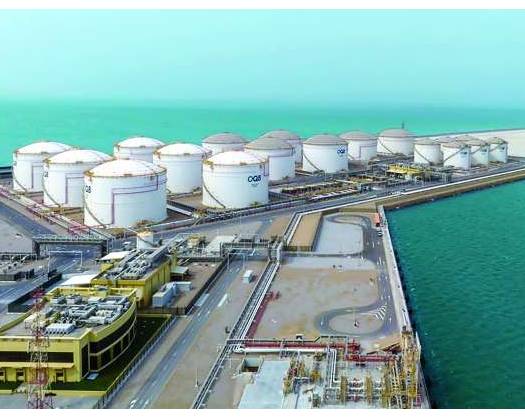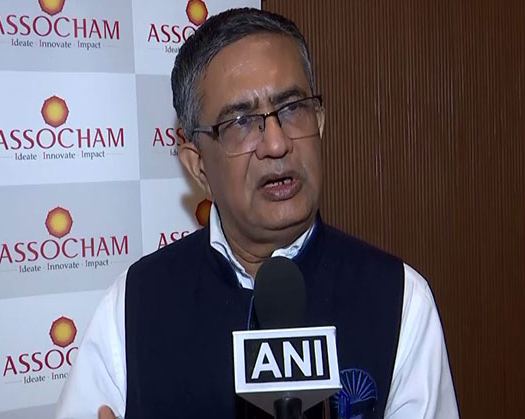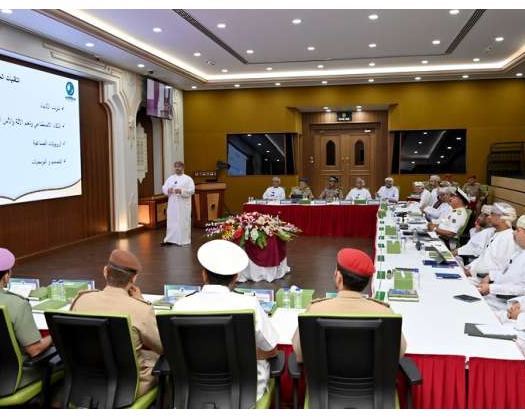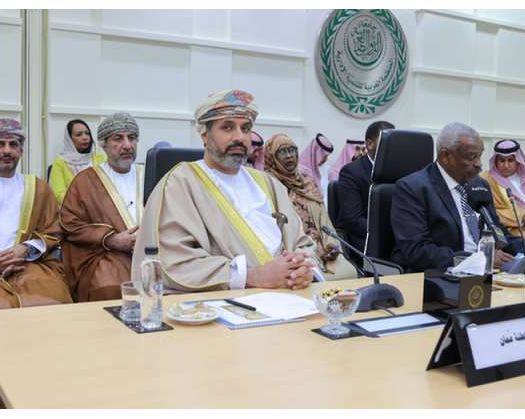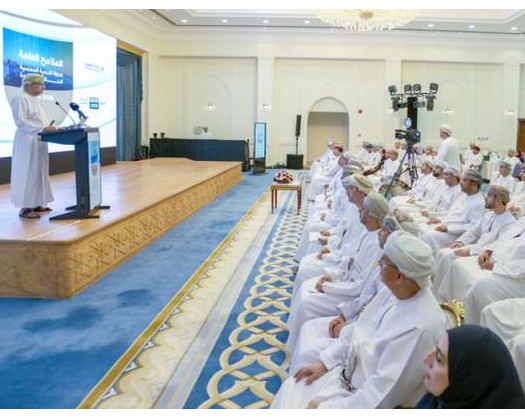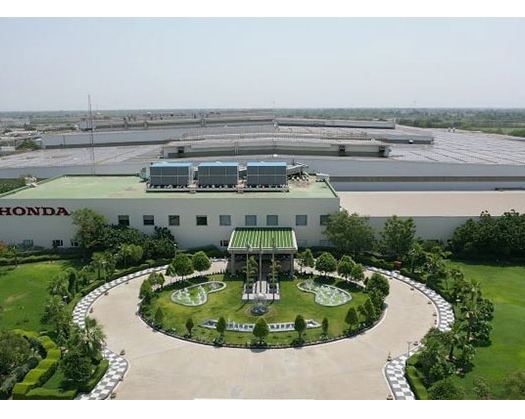Muscat: The adoption of the National Local Content Policy (2024-2030) by the Council of Ministers is a strategic plan that aims to create more job opportunities for citizens, promote local industries, support entrepreneurs, boost small and medium enterprises (SMEs), and reduce reliance on foreign purchases. This policy is crucial in ensuring a positive trade balance for the country.
Eng. Badr Salimm Al Maamari, Secretary General of the Secretariat General of the Tender Board, commented on this development, stating that the national policy for local content focuses on achieving sustainability by balancing environmental, economic, and social requirements. It also aims to empower the private sector in driving a competitive economy through the promotion of local content.
Furthermore, Al Maamari emphasized that the development of local content across all sectors of the national economy is essential for monitoring and improving government procurements. This will contribute to the overall development and achievement of financial goals in line with the country's national visions, strategies, and plans.
Al Maamari highlighted that the National Policy for Local Content is a collective effort involving all economic sectors, including members of society as well as the public and private sectors. It serves as a national agenda for development and empowerment.
Faisal Abdullah Al Rawas, the Chairman of the Board of Directors of Oman Chamber of Commerce and Industry (OCCI), expressed his satisfaction with the Cabinet's approval of the National Local Content Policy (2024-2030). He believes that this policy provides a comprehensive framework to achieve the objectives of the Local Content Policy.
According to Al Rawas, the implementation of this policy will primarily focus on increasing the involvement of the private sector, especially small and medium enterprises, in major projects across Oman. This will create more business opportunities and support the growth and sustainability of the private sector.
Furthermore, the policy aims to establish a national system that will organize and monitor local content in all sectors. Al Rawas emphasized the importance of local content in enabling national producers to manufacture goods and provide services that can be integrated into contracts and tenders. This will not only enhance the productivity of the private sector but also attract more investments.
Meanwhile, Sultan Said Al Khaduri, the Head of the In-Country Value and Local Content Office at the Ministry of Commerce, Industry, and Investment Promotion, highlighted the significance of adopting a national policy for local content. He believes that this will strengthen the manufacturing sector in Oman and contribute to sustainable development and the growth of the national economy.
According to statistics released by the National Centre for Statistics and Information (NCSI), the manufacturing sector's contribution to the Gross Domestic Product (GDP) reached 8.1 percent at current prices by the end of the third quarter of 2023. Additionally, it contributed 9.3 percent to the GDP at constant prices.
Al Khaduri, in his statement, highlighted that the Ministry of Commerce, Industry, and Investment Promotion is actively working towards developing the industrial sector. They aim to utilize the country's national industrial capabilities as a primary driver for achieving economic diversification goals outlined in Oman Vision 2040.
He emphasized that the Ministry has implemented policies and programs to enhance local content, aiming to increase the participation of the national workforce in the industrial sector. Furthermore, they seek to empower small and medium enterprises by promoting local production and service provision.
The promotion of local added value and local content through various programs is a key strategy in the development of the national economy, as noted by Al Khaduri.
Moreover, the Ministry is also focused on implementing a specialized program to enhance and enable local content in the industrial sector. This program involves the establishment of "industrial networking" models, which aim to localize the intermediate products industry and maximize the utilization of local production inputs.
Al Hassan Ali Al Farsi, a seasoned legal affairs researcher at the Secretariat General of the Tender Board, emphasized the significance of implementing the national policy for local content (2024-2030). The primary objective of this policy is to establish a comprehensive framework that effectively manages and monitors local content across all sectors at the national level. This strategic approach will be aligned with national indicators and regulations to ensure its successful implementation.
It is important to highlight that the initiatives under the national local content system will be structured around key pillars, including supply chains, the development of the local workforce, fostering innovation and technology, and nurturing the growth of entrepreneurs and small to medium-sized enterprises.

